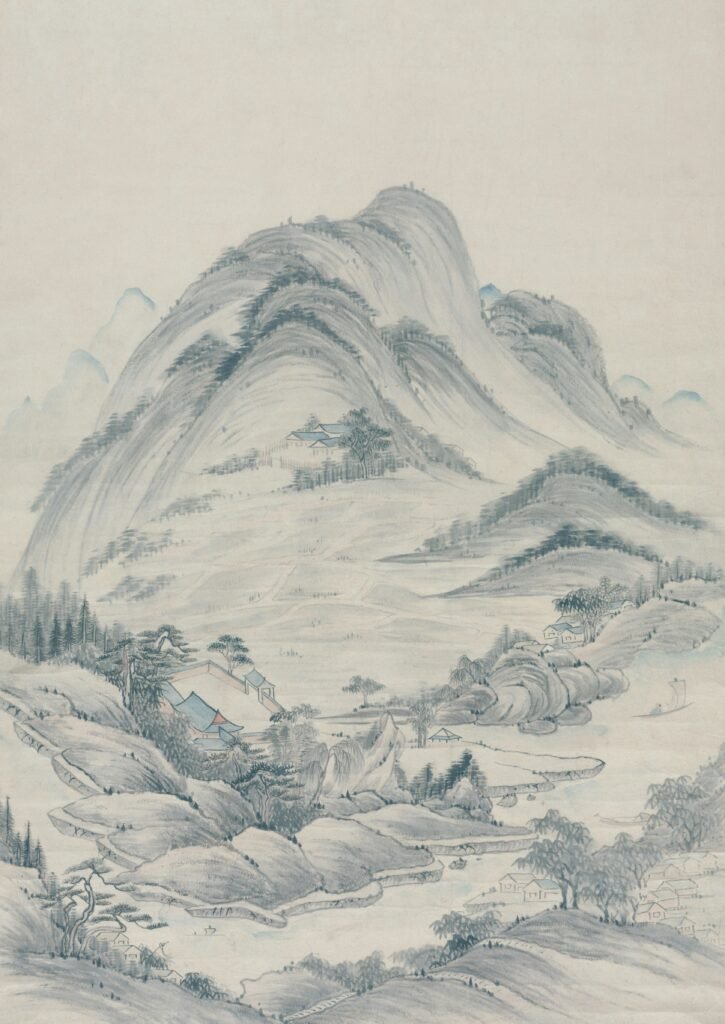South Korea’s KT Corp. said on Monday it will pursue a joint project utilizing satellite data with KT SAT and Nara Space Technology Inc.
The plan is to develop and provide IT services that domestic and international institutions and businesses need using satellite data in the new space era, where private companies can participate in space development.
KT SAT, a subsidiary of KT, is a satellite technology specialist with expertise in distributing and selling satellite data domestically and internationally, as well as ground station operations.
Nara Space is South Korea’s first-generation space startup, which successfully launched its proprietary microsatellite Observer into low Earth orbit and received signals and data.
The companies will collaborate on developing and expanding satellite data-based IT service models, jointly exploring and promoting large-scale satellite IT projects, and building satellite data platforms for domestic and international environmental, urban, and disaster management.
KT plans to develop business opportunities in space and satellite applications by leveraging artificial intelligence (AI) and cloud technologies.
KT will explore further opportunities to build satellite data utilization platforms for public institutions and local governments.
KT SAT will diversify data usage models, which can spread satellite data utilization to public institutions and will establish collaboration plans with global satellite data companies.
Nara Space will enhance its services by utilizing its satellites and analysis solutions, providing satellite imagery, and continuously expanding the foundation of the new space satellite business through the three-company collaboration.
By Ji-Eun Jeong
jeong@hankyung.com














